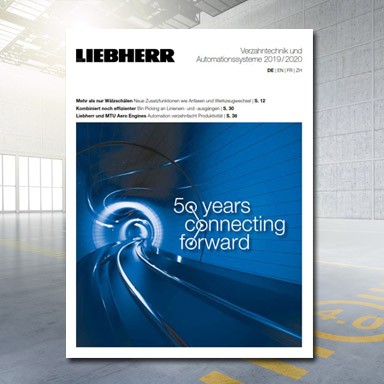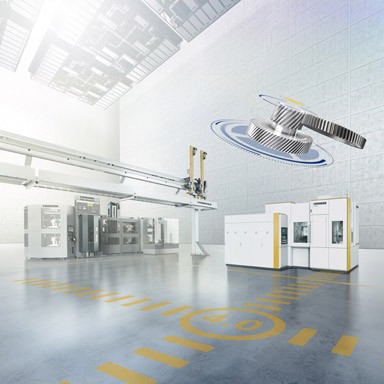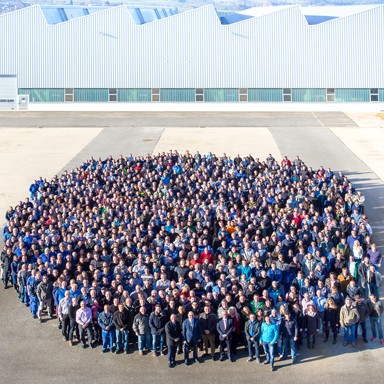On components such as shafts or idle gears, it was often not possible to use the ChamferCut method for chamfering until now. “Interfering contours, like shoulders, or shaft-work, pose a risk of collision that had restricted the potential use of the tool”, explains Dr Oliver Winkel, Head of the Technology Application. “By tilting the tool, it is now possible to machine gears that had not been possible before.”
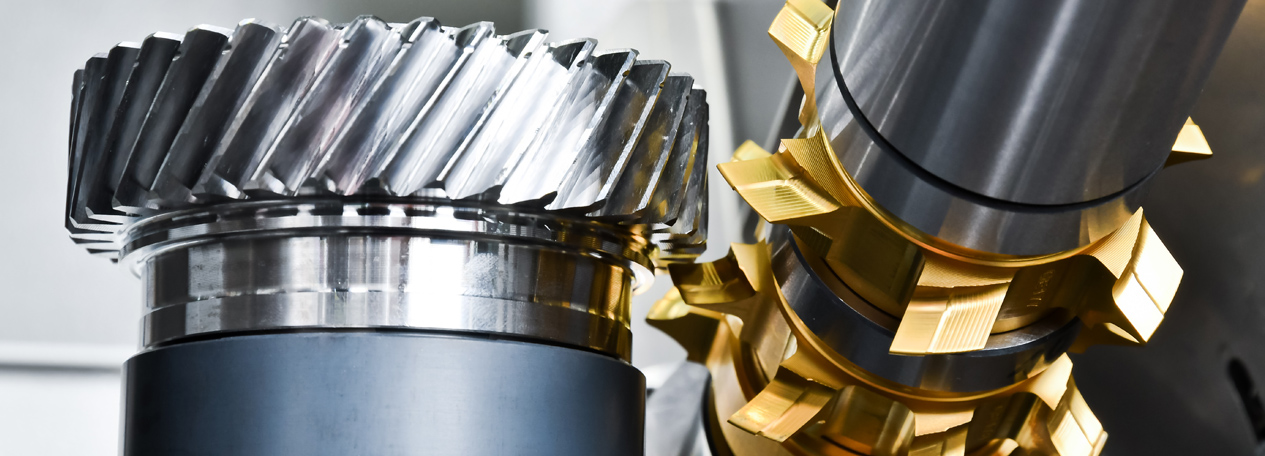
ChamferCut: Chamfering despite interference contours
As before, ChamferCut is a technology with a great deal of development potential. A new upgrade is now pushing the limits of the impossible.
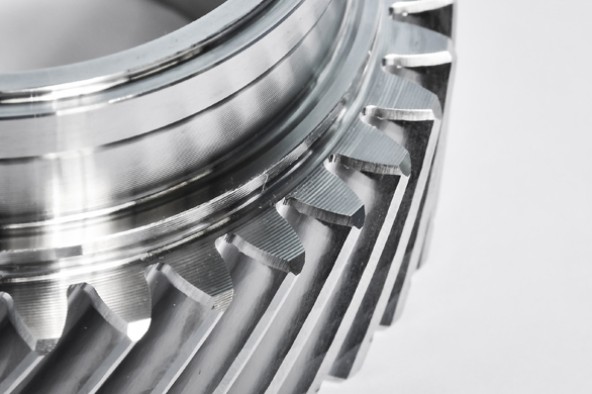
A tool for every side
Left and right tooth flanks are machined separately from each other with different tools. “A cutter arbor can easily handle four tools so this is not a problem. For small gears and shafts, the range of application is great.” Oliver Winkel has series production facilities, the automotive industry and suppliers, truck manufacturers and industrial applications with repetitive series production in mind that can all profit from the technology.
“We consider this to be an extremely important subject. After all, about half of the gears and shafts in a gearbox have interference contours. This is an extremely high number of parts for which the ChamferCut CG technology (collision gear) can prove its worth”, says Oliver Winkel in his estimation of the value of the development. Since the use of classic ChamferCut tools is limited on account of interfering contours, this type of chamfering is usually employed on disc-shaped or simple component geometries. “We now see a dramatic increase in the application possibilities, so ChamferCut will be of interest to a new range of customers as well.”
Same technology, further opportunities
Based on the principle of ChamferCut, it is now possible to cut chamfers in internal gears provided the faces lie on the edges of the component. For the ChamferCut IG tools (internal gear), the tool profile is changed to the concave shape of the internal gear and positioned accordingly within the workpiece. Apart from the use of tapered end mill tools, there are not very many chamfering solutions for internal gears as yet. ChamferCut is a very fast and precise method, though until now it was not considered at all for internal gears. “As yet, we are unable to estimate the demand in this area”, Oliver Winkel reports. “We are therefore looking forward to the reactions, and speaking with customers about this subject, which will no doubt provide further impetus for the development.”

